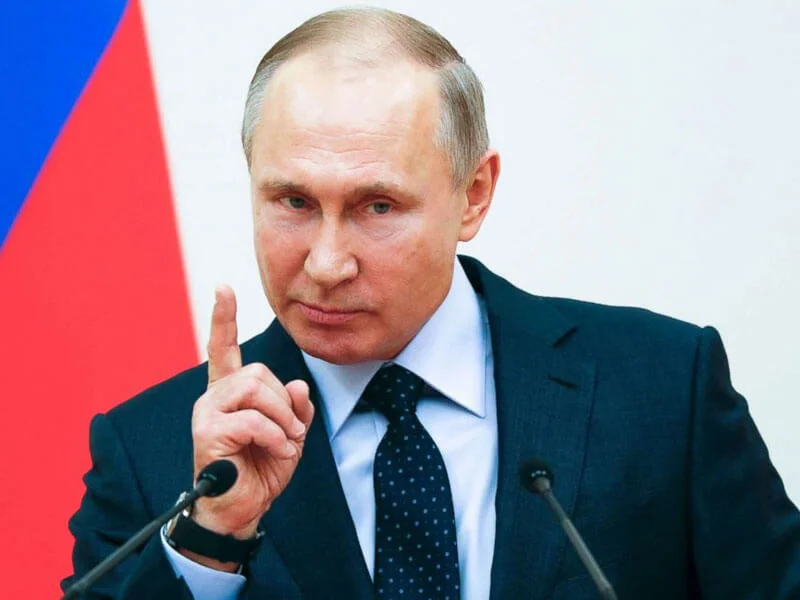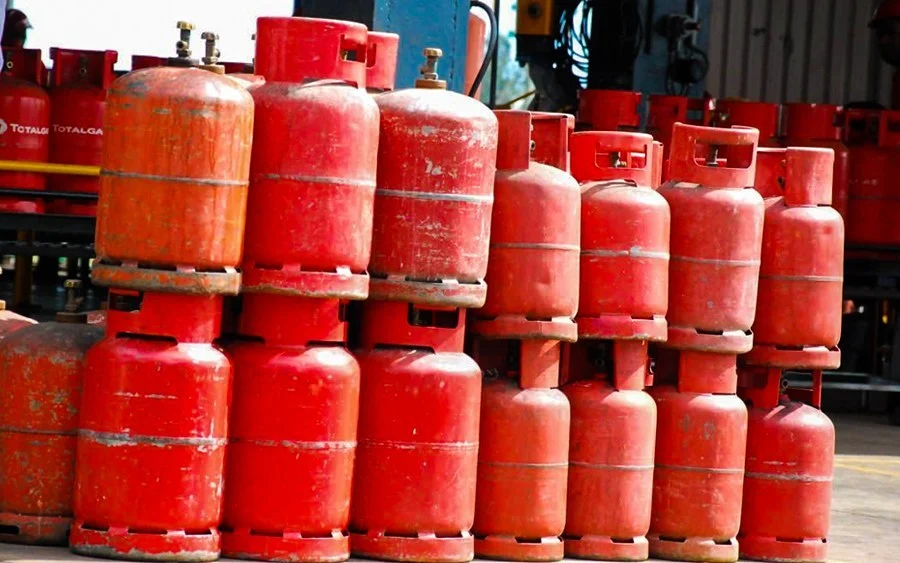European countries have reacted after Russia threatened to cut off natural gas supplies to Western countries that refuse to pay in rubles, .
Moscow said last week it wanted to be paid in rubles, rather than US dollars or euros, and senior Russian lawmakers said supplies could be cut if customers refused.
Russia’s President Vladimir Putin signed a decree Thursday, March 31 that requires buyers of natural gas from “unfriendly countries” to hold accounts at Gazprombank — Russia’s third-largest bank — and settle contracts in rubles.
“If these payments are not made, we shall deem this as non-performance on the part of the buyers and that will lead to consequences,” Putin said in a televised address. “Nobody gives us anything for free and we’re not about to be charitable,” he added.
Putin also gave the Russian central bank and state-owned gas giant Gazprom until Thursday March 31 to come up with detailed proposals to switch the payment currency for gas to rubles.
According to the decree which takes effect on Friday, Gazprombank would open accounts on behalf of Western gas buyers, purchase rubles on their behalf and then transfer the cash to Gazprom’s accounts.
The European Union, has passed severe sanctions on Russia for its invasion of Ukraine, even though most of them are dependent on Russia for majority of their oil and gas supplies.
The US has promised to ease the burden of gas supplies on European countries as Russia’s invasion of Ukraine which has passed the one month mark, means Russia can’t be trusted not to blackmail European nations using oil and gas.
Following the decree by Putin, European countries have now reacted saying they signed contracts with Russia to pay for gas in Euros and that won’t change. They went as far as saying their citizens should prepare for gas shortages if Russia goes ahead with its threats.
Germany, Russia’s biggest energy customer in Europe, had described the plan as “blackmail” and a breach of contract.
“The contracts are in euros and must be paid in euros and will be paid in euros,” French finance minister Bruno Le Maire said during a joint press conference with his German counterpart Robert Habeck.
“We will not accept the method of payment for [Russian] gas in any other currency than stated in the contract,” Le Maire added.
German Chancellor Olaf Scholz also said that Berlin will make payments for Russian gas only in euros.
“We have looked at the contracts on gas delivery and other deliveries. [The contracts state] that payments are to be made in euros, sometimes in US dollars, but mostly in euros. And I made clear in my conversation with the Russian president that this will remain as it is,” Scholz told reporters in Berlin.
UK Energy Secretary Kwasi Kwarteng had made it clear that “this is not something that the UK would be looking into,” the spokesperson added.
Also in response, the German government on Wednesday activated a three-stage plan for managing gas reserves in a crisis, issuing an “early warning” of possible shortages. The gas crisis plan could lead to rationing if supplies are significantly disrupted, with major industrial customers hit first to protect households, hospitals and other essential services.
The European Union depends on Russia for about 40% of its natural gas. EU leaders have set a target of reducing consumption of Russian gas by about 66% by the end of this year and are scrambling to find alternative sources, including extra shipments of liquified natural gas from the United States.





2 Comments